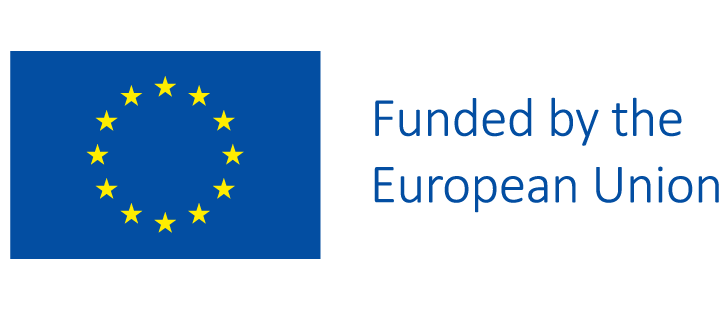We are living in societies hit by multiple crises: in recent years, we have experienced the COVID-19 pandemic, hybrid threats, a brutal war in Ukraine, inflation, sky-high energy prices and dropping living standards. The consequences of these events have been significant in increasing polarisation, strengthening nationalism, impatience with different views, and the rise of extremism. Social media, which was once a promise of a democratic exchange of thought, became a hotbed of hate speech and political targeting. In these times, ethics helps us to navigate over troubled waters to find ways to tackle the simultaneous challenges that threaten the very idea of democracy.
For this journey of discussing and debating ethics, we warmly welcome you to share your ideas, comments, or criticism! Pop on Board!
Why do we need an Ethical White Book in a Research Project?
All researchers, whoever applied for national or international funding, have faced the academic requirement to address ethics. Especially, many social scientists and scholars of humanities manufactured the necessary page, sometimes by reusing a standardised version circulated in the department or borrowing from each other, without investing too much thought into the basic idea.
But there is a reason, why ethics became a universal academic demand lately: ethics are closely related to the practice of democracy – per se. As an embedded part of the overall society, academia mirrors the democratic conditions in a country, and at the same academics, as the core of intelligentsia, greatly affect the national discourses on values, civic freedoms, and constitutionality. The moral compass is therefore key not only in these interactive societal relations but also regarding the nature of scholarly conduct as well.
Putting more weight on the transparency of the researchers’ actions is inevitable because ethics is, in fact, quality insurance of research. Following careful ethical guidelines guarantees the reliability and credibility of research results. How one gains data and source material, how one treats informants, the way the collected data is stored and secured, how those are analysed, and what are the frames of interpretations and criteria of publishing – all have a grave influence on the validity of research outcomes.
How did we create the Ethical Whitebook for the ARENAS project?
Yet, creating ethical guidelines should be perceived as a democratic legislative procedure where the most sustainable results are achieved by a socially shared process and by submitting to experts’ review before a law becomes binding. In our case, we consulted eight European ethical protocols for the first draft that then we circulated to all members of the ARENAS project for comments. This participatory phase not only improved the draft but more importantly made the researchers also aware of the content details and by co-creation the ethical guidelines became also accepted as a common compulsory ground rule. Finally, we requested the expert opinion of the Ethical Board of the ARENAS project for compliance.
After this complex procedure, we are happy to publish our ethical principles! However, we acknowledge, that as in any democracy, ethical guidelines should be understood as a constantly evolving process, revising, updating, and improving in order to better fit real-life challenges.
So, it is utterly important to have your feedback! Please, take a look and download the Ethical White Book of the ARENAS project!
By Katalin Miklóssy, University of Helsinki, Finland

